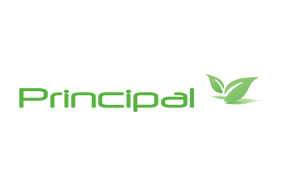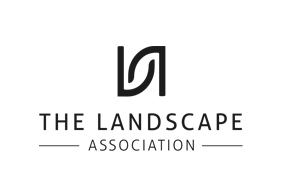If you use a blog as the main means of creating and publishing content to support your SEO efforts, then you are doing more than many businesses do with their websites.
Incredibly, some businesses get a fantastic website design, and then do nothing once it goes live to maintain and improve any rankings it has on Google.
That you have a blog is great, but one question we must ask you is do you feel that your rankings are a fair reflection of the blog posts that you are publishing? If, like many website owners, you are putting a lot of effort into creating content or having created content for you, but not seeing major upward shifts in your rankings, then please read on.
We say read on because the likelihood is that you are inadvertently making mistakes with your blog and its content that are stopping your rankings from improving, and we are going to highlight these possible blog post SEO mistakes to help you avoid them in the future.
Poor Titles
There are two main reasons that those who publish blog posts get their titles wrong. The first is that they do not do any keyword research to determine which keywords they should be including in their titles. Given that the title of blog posts will form part of their URLs, your titles must have relevant keywords.
The second mistake is that titles are not enticing enough to make someone click on them to read what is on the other side. Create blog post titles with intrigue, excitement, and urgency.
Writing For SEO Instead Of Your Audience
You might think it bizarre that an SEO article suggests you do not write for SEO, but bear with us. What we mean is that SEO is about more than just having keywords in the text of a blog post. Google determines rankings in many ways, and one that is extremely important is how users interact with a web page.
If they remain on a page because the content in a blog post is interesting, Google sees that. Alternatively, if they click away because the blog post is boring, Google sees that too. The difference here is what has been written, which is why audience over SEO is valid.
No Headers Within The Text
If you are reading this article you will see that we have headers throughout it to indicate different points and to break the article up visually too. Those headers also act as H tags to show Google what keywords are relevant. That is how your blog posts should look rather than just being large blocks of text
Not Including Images
Not every blog post will need or have an image, however, by that same token, you should not have a blog where none of your posts has images. Images not only interest users who arrive on your blog, but they can also help illustrate what you are discussing in your blog posts. You can even add alt text so that Google can establish their relevance to keywords.
Not Proofreading
It is unforgivable if you publish a blog post that has basic spelling and grammatical errors. There are many free tools available that you can use to check your writing before publishing it, so find one you like and use it. Google will penalise blog posts with errors, plus your audience will be turned off by them and more likely to click away quickly, which does not help your rankings either.
No Sign-Off Or Call To Action
Every blog post you publish must have a sign-off, and additionally many will have specific calls to action. Your sign-off can be linked to a landing page for email capture, it can be a request that they share your blog post or a teaser for your next blog post. Calls to action can be used when you want to promote something and therefore include a button that should be clicked to open the sales page.


























